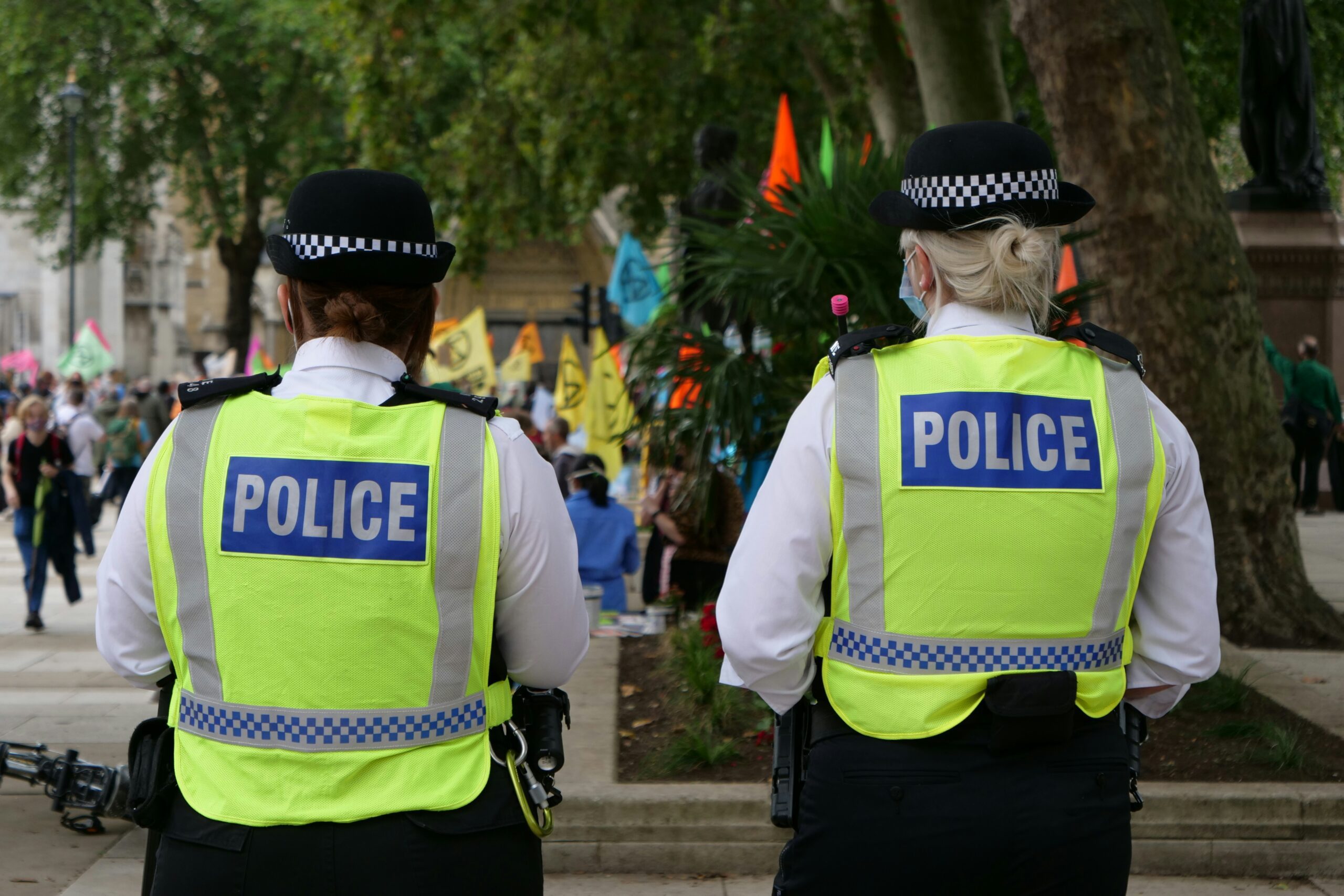Th UK’s Ministry of the Interior has announced the introduction of 10 new vans equipped with real-time facial recognition (LFR) technology across seven police forces. The government says these vehicles enable law enforcement agencies to identify and locate wanted and suspected criminals for the most serious crimes.
In the past, law enforcement agencies have used LFR technology to arrest suspects of rape, domestic violence, knife crime and robbery, as well as sex offenders who have violated conditions.
The technology has also been used to provide security at large public events.
The Met reported that in 12 months, 580 arrests were made using the LFR for crimes such as rape, domestic violence, knife crime and robbery, including 52 registered sex offenders arrested for violating the conditions imposed.
“Facial recognition will be used in a targeted way to identify sex offenders or people wanted for the most serious crimes who the police have not been able to find,” said Home Secretary Yvette Cooper on Wednesday.
The Home Office stated that the facial recognition algorithm used in the new vans was independently tested by the National Physical Laboratory (NPL) for bias.
“The testing found that the algorithm is accurate and there is no bias for ethnicity, age or gender at the settings used by the police,” it said in a statement.
It added new vans will operate according to “strict rules”, ensuring they are only deployed when there is specific intelligence.
Lindsey Chiswick, the National Police Chiefs’ Council’s (NPCC) lead for facial recognition, added: “The police have a duty to prevent crime and keep the public safe. Live Facial Recognition supports effective policing, enabling officers to locate suspects quickly and accurately.”
She added that the technology has already been used in policing to “great success,” locating thousands of wanted offenders, or others breaching their bail conditions.
Parallel to the introduction of the 10 vans, the government stated that it will launch a consultation on how to use this technology and what safeguards and control measures are needed to ensure transparency and public trust.
Human rights group Liberty ((formerly known as the National Council for Civil Liberties) expressed concerns about the news.
“We don’t need more facial recognition vans on our streets,” it wrote on X. “We NEED legislation to protect us all from this unregulated tech.”
Civil liberties campaign group Big Brother Watch also criticised the move, describing it as an “unprecedented rollout of Orwellian surveillance technology.”
“This unprecedented escalation in the use of facial recognition technology across the UK is alarming, and represents a significant expansion of the surveillance state,” said Rebecca Vincent, interim director of Big Brother Watch. “Live facial recognition turns every passerby into a walking barcode and treats us all as a nation of suspects.”
The announcement comes days after a man who was wrongly identified as a suspect through the use of LFR told the BBC that the technology was like “stop and search on steroids”.
Shaun Thompson is bringing a High Court challenge against the Met Police.





